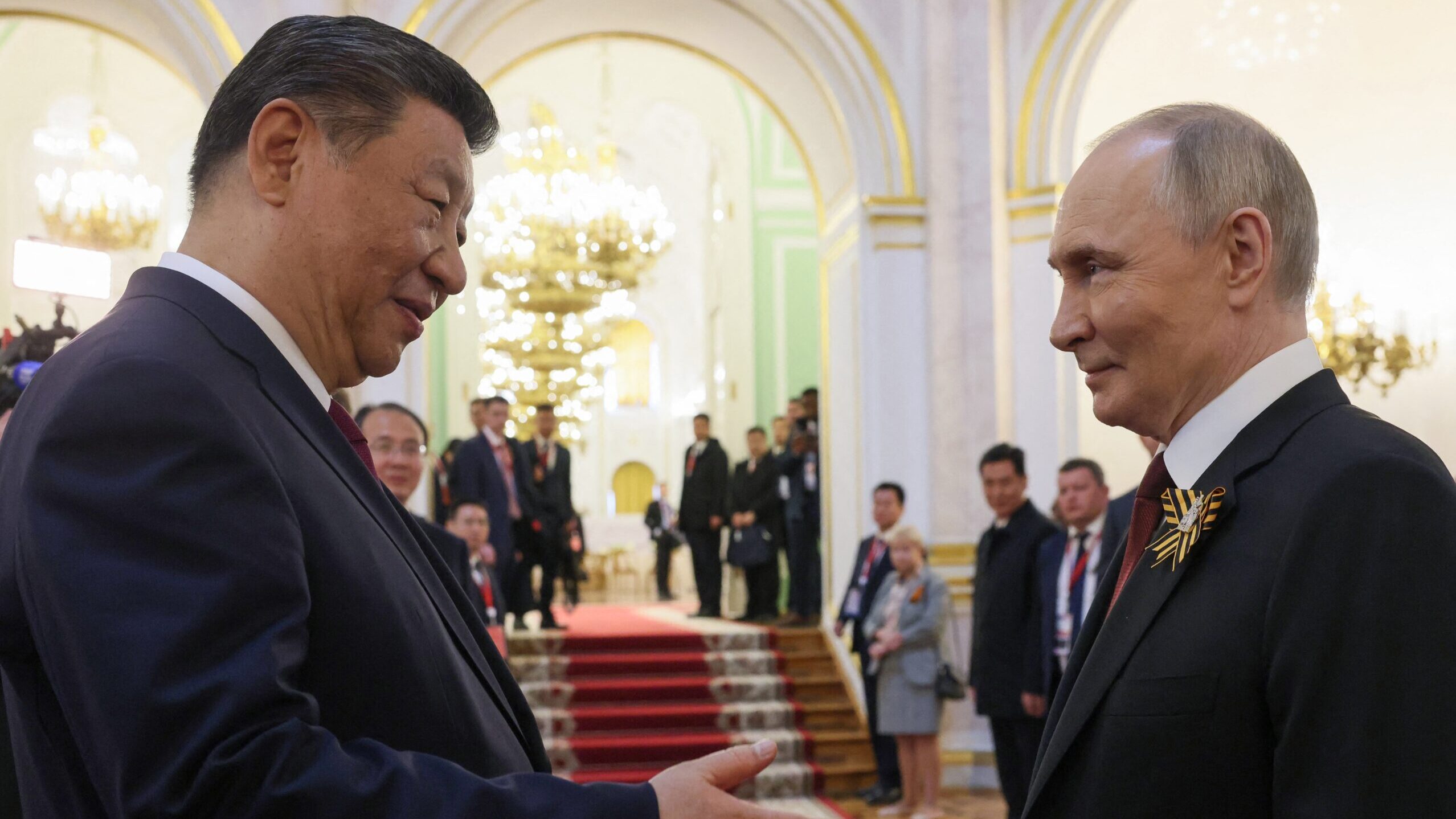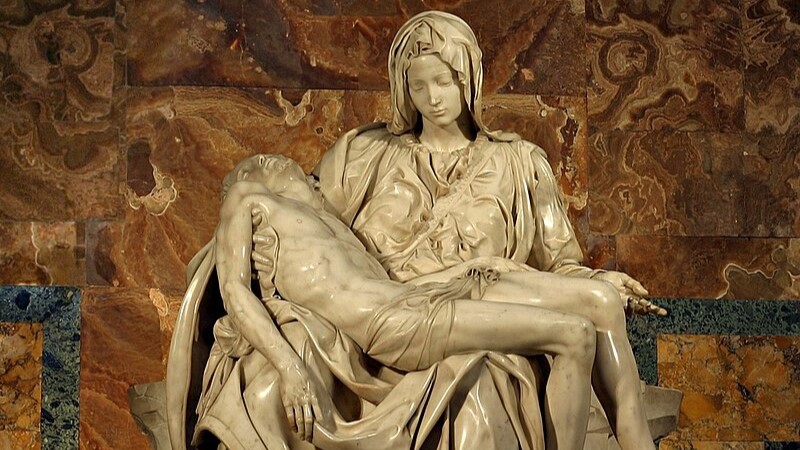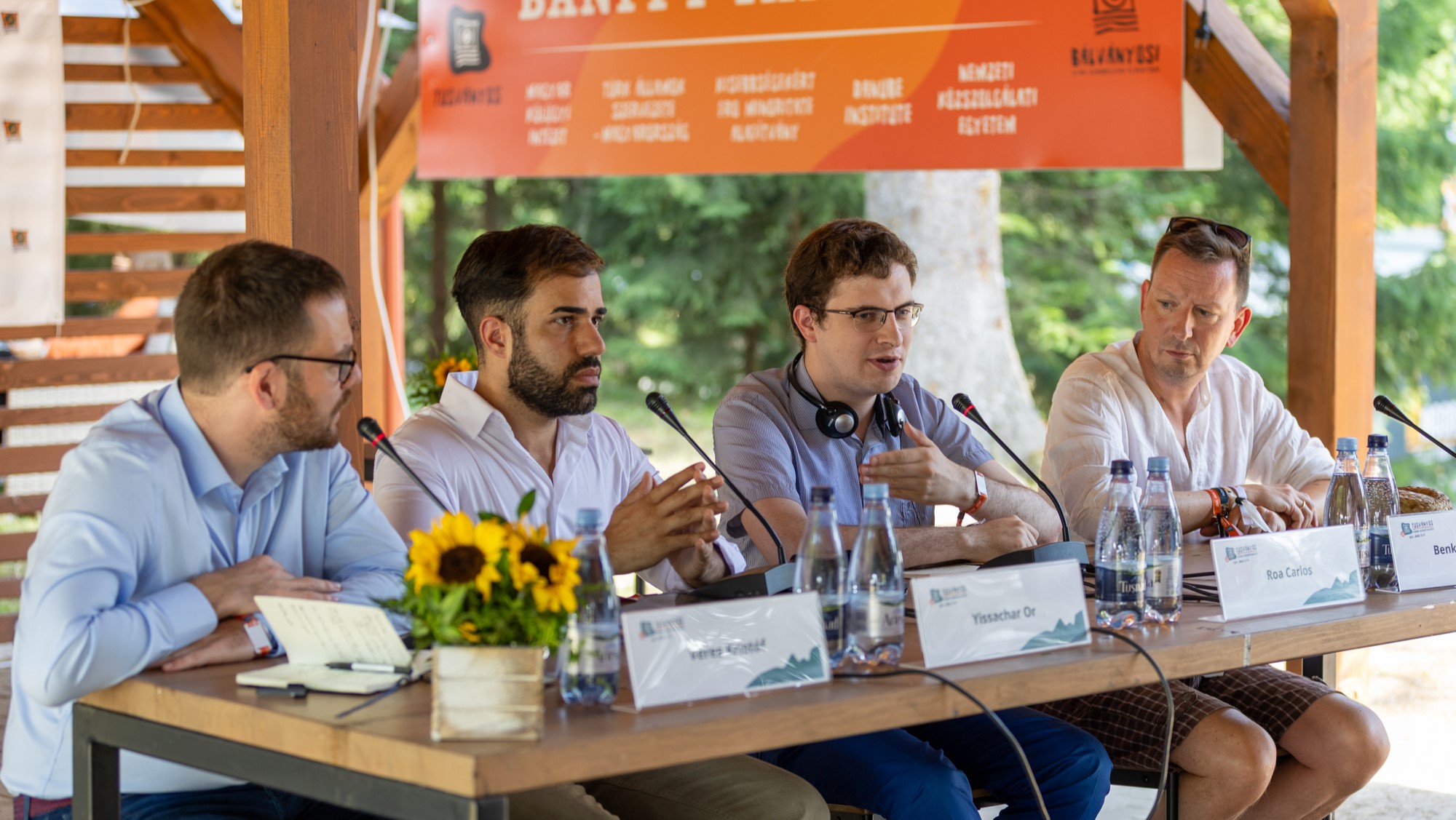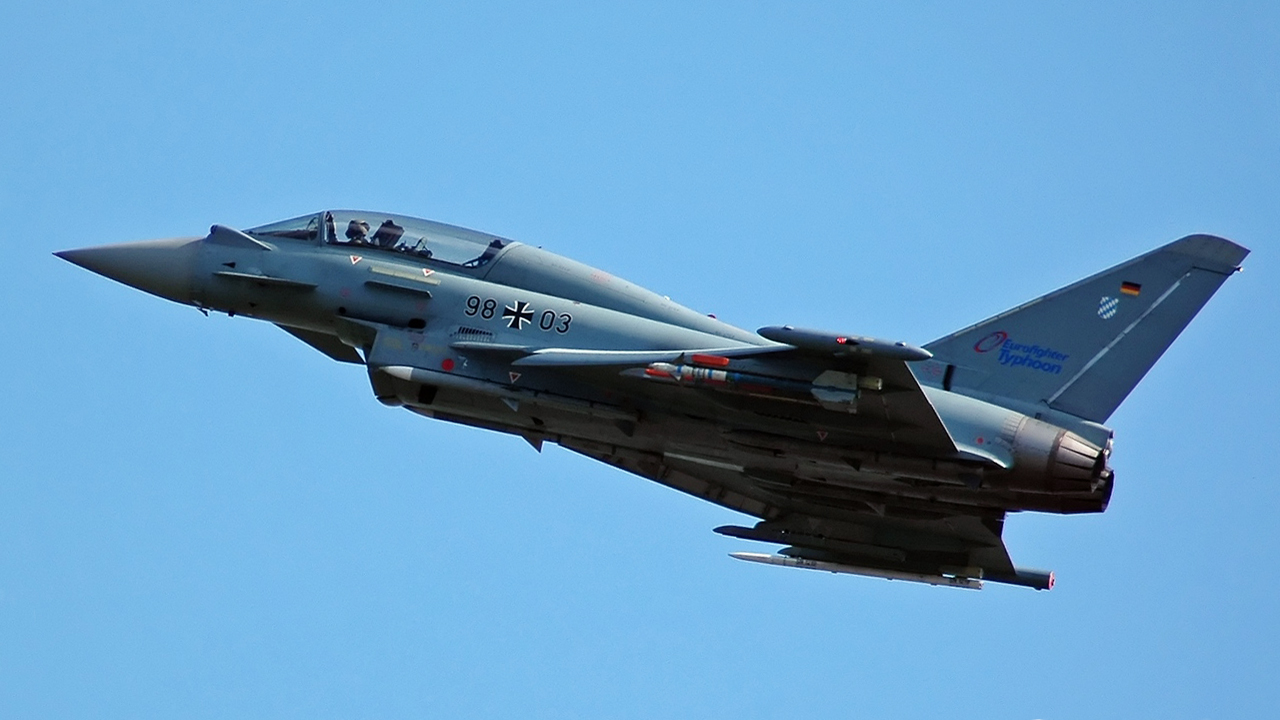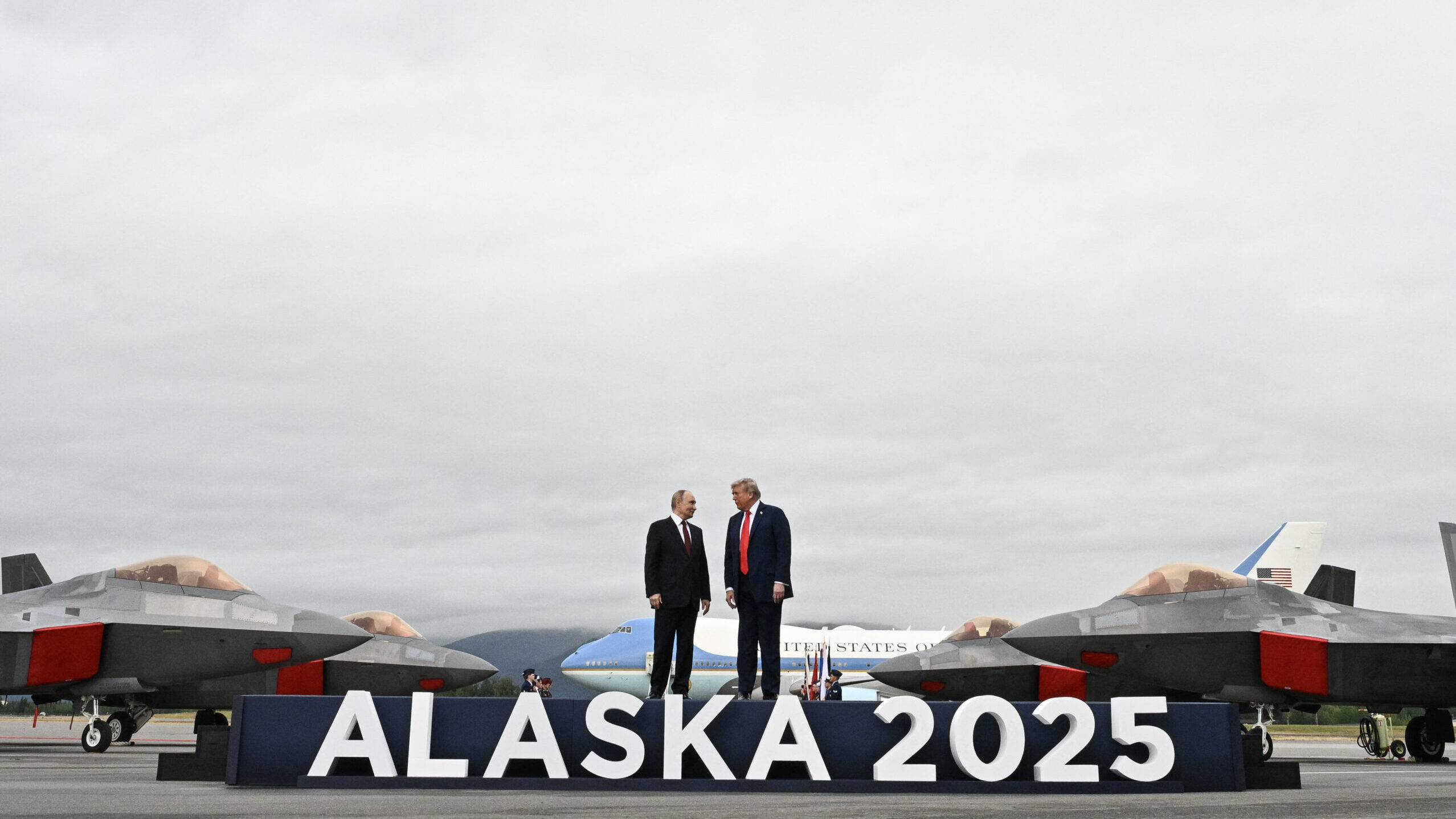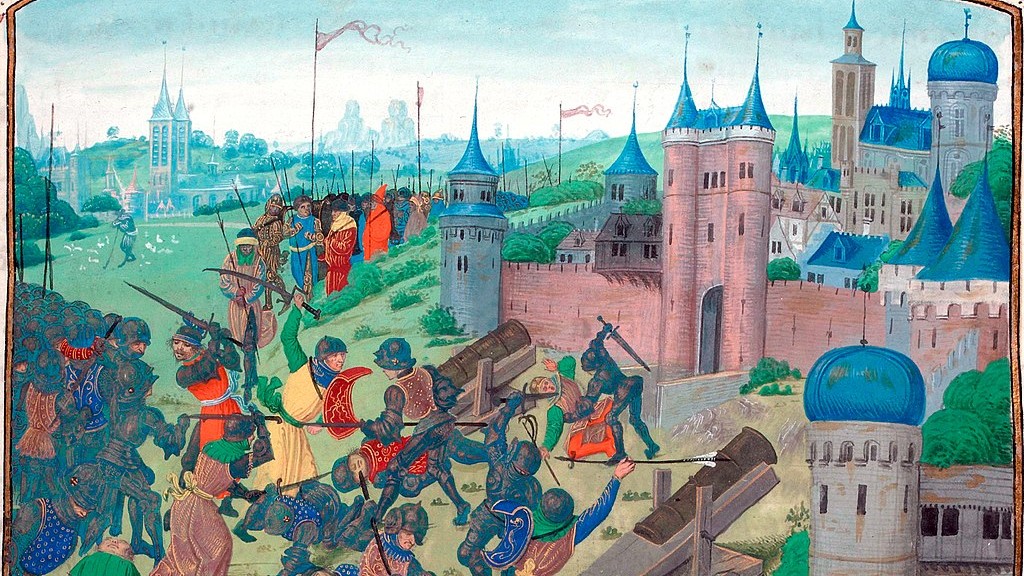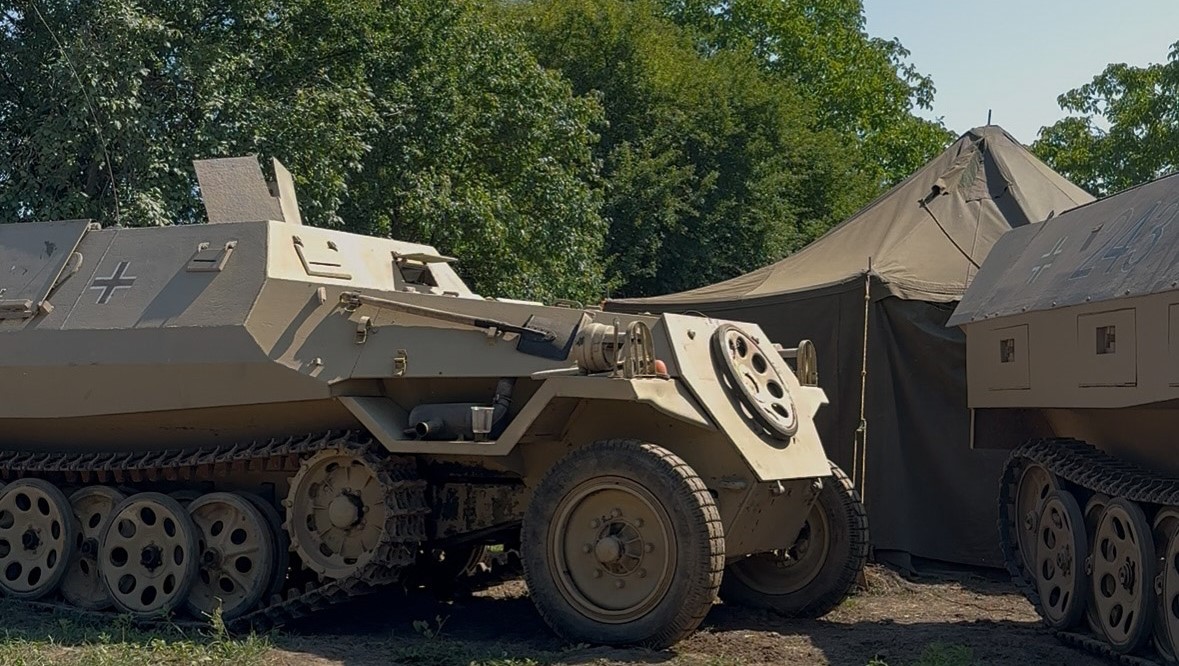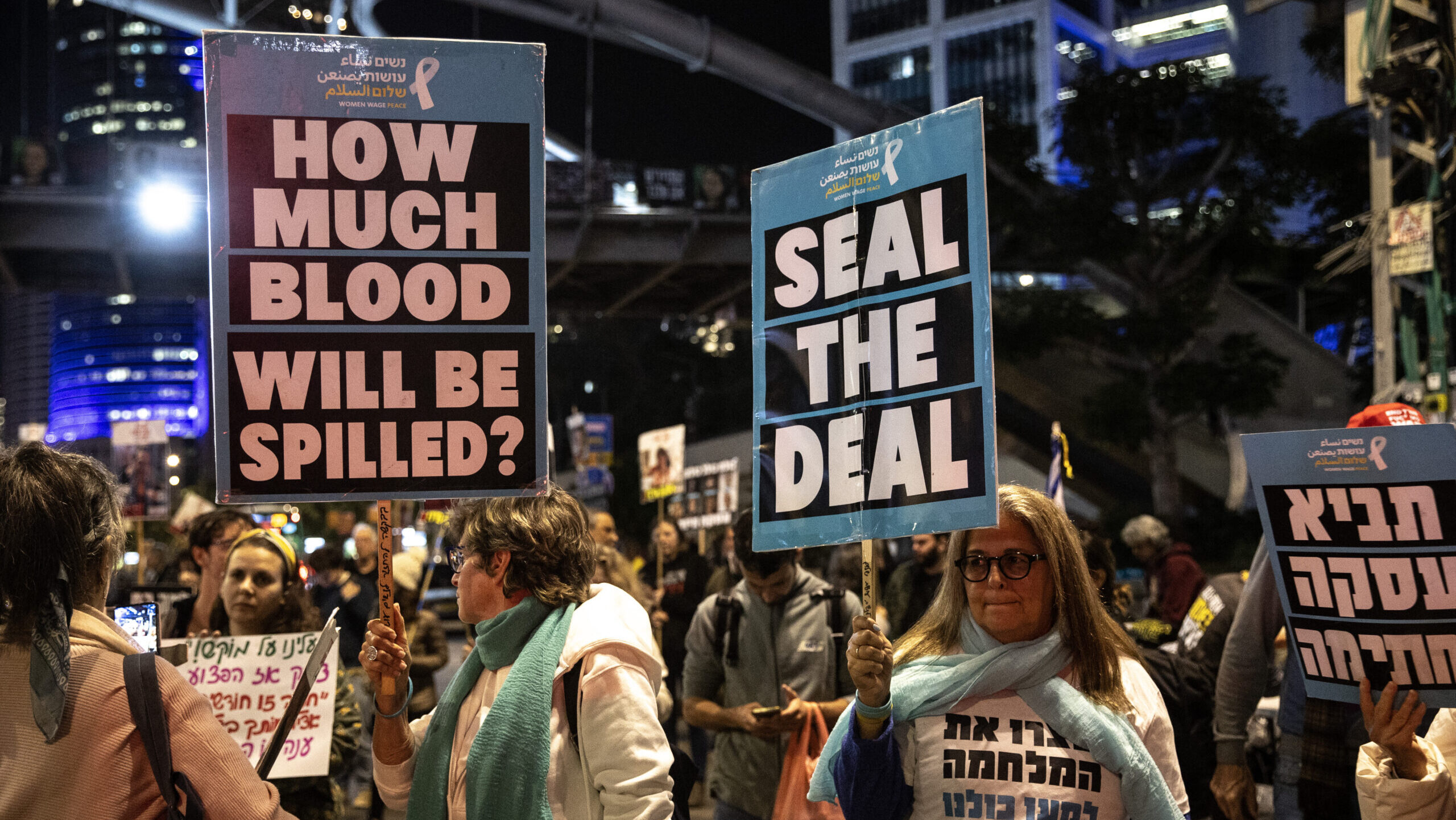
PM Orbán: The Two-State Solution in the Israeli–Palestinian Conflict Is an Illusion
‘According to the Deputy Foreign Minister, the conflict is a religious war against radical Islamist ideology, not a territorial one. Western leaders like Macron, she said, fail to grasp this. In her view, Hamas fights against universal Western values, leaving Israel with no choice but to defend itself.’

